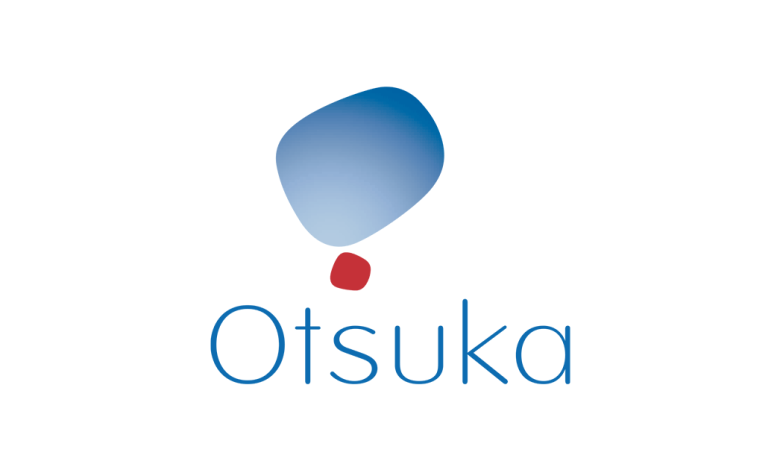Otsuka Ventures into Psychedelic Medicines with Mindset Pharma Acquisition

Japanese pharmaceutical giant Otsuka is making a significant move into the emerging field of psychedelic medicines by acquiring Canada’s Mindset Pharma, a leading player in the development of therapies for neuropsychiatric disorders. This strategic deal, valued at approximately C$80 million ($60 million) in an all-cash transaction, represents a significant milestone in Otsuka’s expansion plans in this unique and promising sector.
The partnership between Otsuka and Mindset Pharma began nearly 18 months ago when they embarked on a collaborative journey to advance Mindset’s early-stage pipeline. As part of their initial agreement, Otsuka committed an upfront payment of $5 million to support Mindset’s research and development efforts.
Based in Toronto, Mindset Pharma is at the forefront of research into various preclinical candidates, including compounds derived from psilocybin (the active ingredient in magic mushrooms), as well as DMT and 5-MeO-DMT, which are psychoactive compounds found in certain plants and the venom of the Colorado River toad.
One of the most promising candidates in Mindset’s portfolio is MSP-1014, a psilocybin prodrug. Mindset believes that this prodrug has the potential to deliver improved safety, efficacy, and tolerability. Importantly, MSP-1014 is set to enter human trials for the treatment of individuals with treatment-resistant depression in the near future, marking a crucial step in its development.
Otsuka’s acquisition of Mindset Pharma involves purchasing all outstanding shares at a price of $0.75 per share. This represents a substantial premium of approximately 50% over the 90-day trading value of Mindset’s shares. The completion of this acquisition is anticipated next month, pending approval from financial regulators, in accordance with customary procedures.
What makes this acquisition particularly noteworthy is that Otsuka is among the first major pharmaceutical companies to make a significant foray into the field of psychedelics. Historically, this sector has been explored predominantly by smaller start-up companies. Otsuka’s decision to invest in Mindset Pharma may stem from the latter’s approach, which combines pharmaceutical rigor and expertise in medicinal chemistry to develop patentable, enhanced analogues of psychoactive compounds.
One example is MSP-1014, which is rapidly metabolized into psilocin, the primary active metabolite of psilocybin. According to Mindset, this prodrug is expected to offer similar therapeutic efficacy as psilocybin while potentially exhibiting better tolerability.
Neuropsychiatry is a primary focus of Otsuka’s research and development efforts, alongside oncology and cardiovascular/renal diseases. Otsuka has a strong track record of bringing innovative therapies to market, particularly in areas such as depression and schizophrenia.
With the backing of a pharmaceutical powerhouse like Otsuka, Mindset Pharma’s programs are well-positioned to advance more swiftly through clinical development and regulatory processes. This partnership holds the potential to expedite the delivery of promising psychedelic candidates to patients in need.
In addition to their work on MSP-1014, Otsuka and Mindset have been collaborating on the development of a second family of psilocybin-based drug candidates, led by MSP-2020 and backed by compound MSP-2003. These compounds are touted to offer “greater potency than LSD combined with a shorter psychedelic effect than psilocybin.”
Furthermore, Mindset is exploring compounds that may retain therapeutic benefits without inducing hallucinogenic effects, which could broaden the scope of their applications and reduce the need for closely monitored clinical settings.
In summary, Otsuka’s acquisition of Mindset Pharma represents a pivotal moment in the evolution of psychedelic medicine research and development. With their combined resources, expertise, and commitment to neuropsychiatric disorders, this partnership has the potential to reshape the landscape of mental health treatments and offer new hope to patients worldwide.





